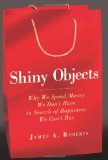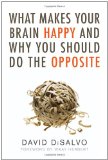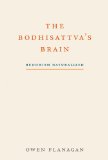$1.99 kindle ebook – ‘The Best Things in Life : A Guide to What Really Matters’ by Thomas Hurka
December 9, 2011
A kindle ebook deal, currently at $1.99 (price subject to change, so check before you click): The Best Things in Life: A Guide to What Really Matters by Thomas Hurka (Oxford University Press, 2010)
Product description from the publisher:
For centuries, philosophers, theologians, moralists, and ordinary people have asked: How should we live? What makes for a good life?
In The Best Things in Life, distinguished philosopher Thomas Hurka takes a fresh look at these perennial questions as they arise for us now in the 21st century. Should we value family over career? How do we balance self-interest and serving others? What activities bring us the most joy? While religion, literature, popular psychology, and everyday wisdom all grapple with these questions, philosophy more than anything else uses the tools of reason to make important distinctions, cut away irrelevancies, and distill these issues down to their essentials. Hurka argues that if we are to live a good life, one thing we need to know is which activities and experiences will most likely lead us to happiness and which will keep us from it, while also reminding us that happiness isn’t the only thing that makes life good. Hurka explores many topics: four types of good feeling (and the limits of good feeling); how we can improve our baseline level of happiness (making more money, it turns out, isn’t the answer); which kinds of knowledge are most worth having; the importance of achieving worthwhile goals; the value of love and friendship; and much more. Unlike many philosophers, he stresses that there isn’t just one good in life but many: pleasure, as Epicurus argued, is indeed one, but knowledge, as Socrates contended, is another, as is achievement. And while the great philosophers can help us understand what matters most in life, Hurka shows that we must ultimately decide for ourselves.
This delightfully accessible book offers timely guidance on answering the most important question any of us will ever ask: How do we live a good life?








